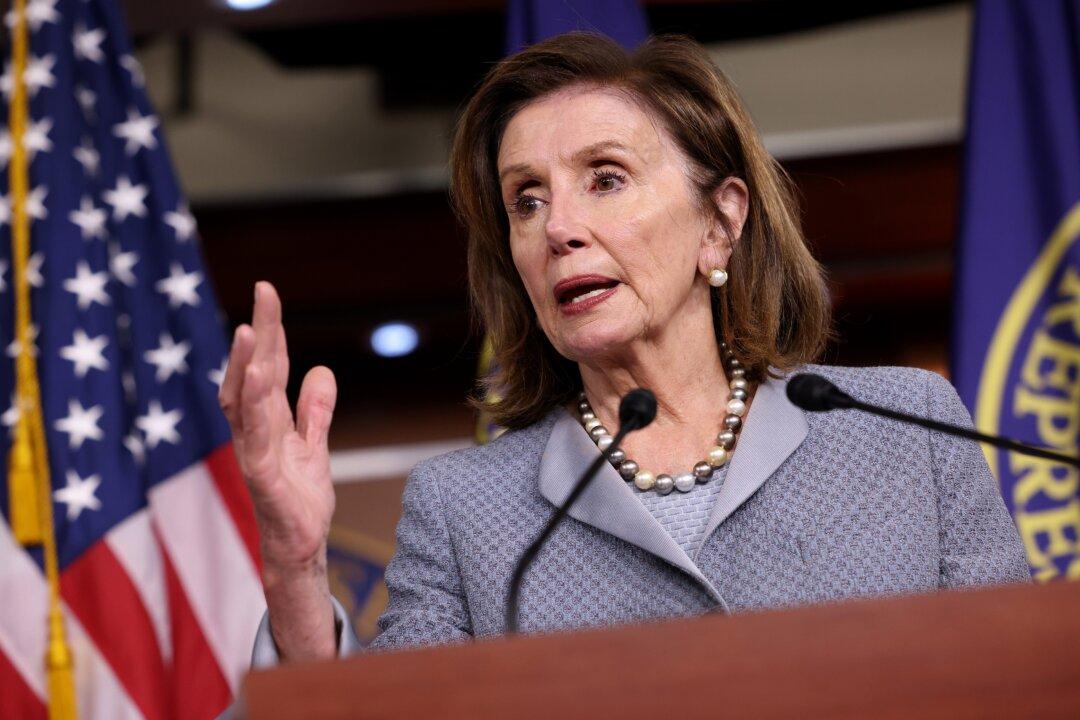The House of Representatives voted late Tuesday to pass a bill that would avert a government shutdown and fund it through Dec. 3, as well as suspend the debt limit until after the 2022 election.
The 220–211 vote in the Democrat-majority chamber was on party lines. The bill now faces a tough hurdle in the Senate, where Republicans have said they would mount a filibuster.




